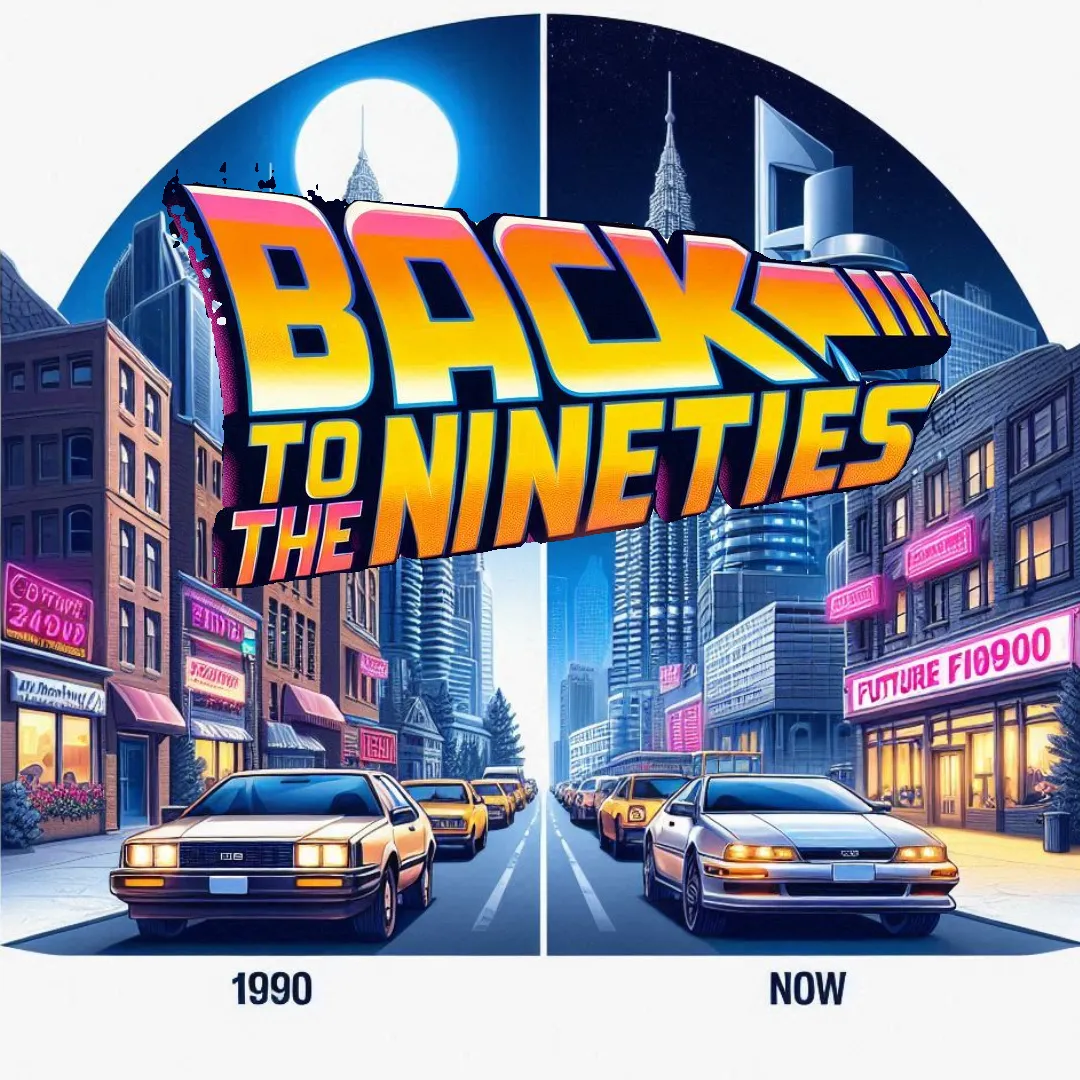
Thank God it´s #NinetiesFriday.
Last week, I was wondering who really should be allowed to use the #90sKID.
𝑻𝒓𝒚𝒊𝒏𝒈 𝑻𝒐 𝑹𝒆𝒎𝒆𝒎𝒃𝒆𝒓 𝑻𝒉𝒆 90𝒔 - When Are You A TRUE #90skid
And at the end of the post, I noticed that it seemed as if very little had changed between then and now.
Back To The Nineties
Just a small example:
In the Nineties we used Phonebooths to isolate ourselves, nowadays we use mobile phones to isolate ourselves so basically nothing has changed, right?
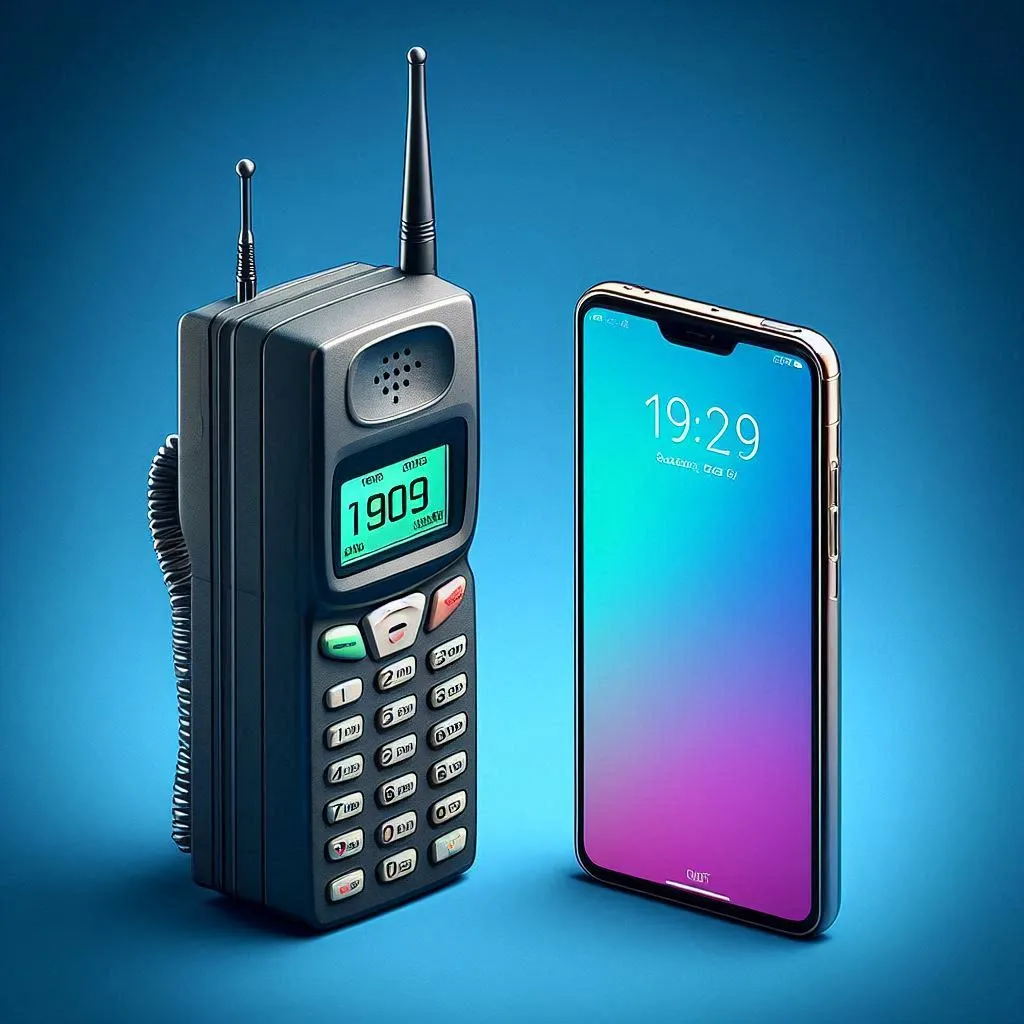
I mean kids today are all about climate change and their future but I grew up with Acid Rain which would kill all trees and a Hole in the Ozon(e) above my head that would kill all life on the planet.
Environmental Awareness
That Environmental Awareness is nothing new except for them now calling it Climate Change. And everything is linked to climate change even if the studies are paid for by those who benefit from a certain outcome.
Sustainable Living is such a joke.
At least if you compare it to the 90s.
Currently Environmentalism is influencing consumer behavior, with trends like recycling, organic food, electric vehicles, and eco-friendly products gaining traction.
Which is great but in the nineties, we did not need that.
Things Do Not Always Get Better
Let's use food and clothing for this example: The drive for lower prices, higher convenience, and faster cycles led to massive overproduction by 2020, which did not exist as such in the nineties.
1990: Consumers had more measured consumption habits in both food and clothing, driven by fewer product choices and longer fashion seasons.
Production was more localized, with slower cycles and smaller quantities.
2024: Instant gratification, fast fashion, online shopping, and fast consumer cycles fueled by social media created a culture of excess, driving more overproduction.
Globalization created highly interconnected markets where goods were produced in one part of the world and consumed in another, making overproduction a global phenomenon.
Automated farming, digital inventory systems, and data-driven production accelerated the overproduction.
Renewable Energy
The good thing is that all that technology also allowed us to increase the % of renewable energy generated.
In 2023, approximately 42% of global electricity was generated from renewable sources, with a significant portion coming from solar and wind energy.
A sharp increase from 1990, when renewable energy sources contributed only 20%.
But in the 90s we played outside, we did not need much to enjoy ourselves.
Global energy consumption has increased 60-70% between 1990 and 2023 (IEA).
The 90s Did It Better
In 1990, global energy consumption was around 8,000 million tonnes of oil equivalent (Mtoe). By 2023, it had increased to about 14,000 Mtoe, driven by population growth, industrialization, and increased access to energy, particularly in developing economies like China and India.
Renewables
- 20% of 8.000 mtoe is 1.600 Mtoe - 6.4 Mteo was not renewable
- 42% of 14.000 MTeo is 5.880 Mtoe - 8.120 Mteo was not renewable
So in short, in the nineties, we were doing a much better job at saving the planet than we do today.
Why so serious
Okay let's do the fun change now:
The Rise of the Internet and Digital Revolution
- Internet: The Internet for me is the biggest game changer both positive and negative. I had so many questions I needed to look up in Library books back then. Do people actually still go to libraries, if yes why?
- Social Media: Myspace, Facebook, Instagram, and Twitter have reshaped how people interact, build communities, and express opinions. I think it´s also the source of many depressions among young people feeling excluded or not meeting realistic standards portrayed online.
- E-commerce and Online Services: Companies like Amazon, Google, and Netflix have shifted consumer habits from physical to digital, with online shopping, streaming, and cloud services. I love my Amazon as I don't have a car, plus I do not like shopping (especially not when there are other people, or worse parents with little kids).
Does Amazone Save The Planet?
I wonder if ordering from Amazon makes a difference to the environment.
Generally, online shopping can be more environmentally friendly if delivery systems are optimized, packaging waste is minimized, and consumers avoid expedited shipping and excessive returns.
However, in-store shopping may have a lower impact when packaging and transportation emissions are considered.
Then I went like okay, but streaming has to be better, right Fred?
Streaming has a lower impact although the energy required is high. However, it´s still better than DVD and VHS tapes in terms of material waste, as it eliminates the need for production, packaging, transport, and physical stores.
Globalization
As I said Globalization has impacted overproduction quite significantly but it is not all bad. Thanks to the global world we are now exposed to Bollywood and K-pop because we were missing that so much in the 90s....
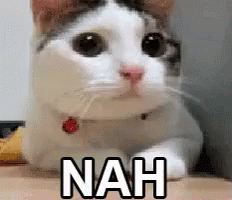
What Going Global Gives Back
Globalization messed up things as I mentioned, overproduction, depression, increased CO2 poo, and doubling the global energy consumption.
But are there any positives?
- Migration and Travel: That certainly changed, there were no budget airlines back then. If that is a good thing, not so sure but for me living in Spain it makes visiting my home country for Food and Family more affordable.
I guess travel has its ups and downs, but migration...that topic has gone up a lot since the ´90s.
Migration is a much bigger issue now compared to 1990 because of the globalization.
It became more normal to leave your birthplace globally because the internet showed what was on the other side of the wall or ocean.
The Numbers
Increased economic disparities did not help and of course population growth.
In 1990, approximately 2.9% of the global population were international migrants (people living outside their country of birth). This represented around 153 million people.
In 2020n was 3.6% of the global population or about 281 million people.
The percentual rise is only 25% in 30 years, that is less than 1% a year, while the world has become a more global place.
The real game changer here is the political polarization and the media. Because in percentages it did not double but coverage tripled easily.
The visibility of the issue through the biased media on both sides of the spectrum and its politicization contributed a lot to putting immigrant prominence on the global center stage.
Food For Thought
- International cuisine is probably the only thing I can call out as having improved due to globalization. In the Nineties, it was Kebab and Chinese. Nowadays it´s Kebab, Chinese, Pizza, and Thai but maybe that is just because Spanish people don't get foreign food.
There Is Alos Some Good News
- Poverty & Basic Education
Now I did not believe this when I did the math, but it looks like the world really improved when it comes to global poverty.
In 1990, the global poverty rate was approximately 35% of the world's population (1.9 billion people) living on less than $1 a day.
By 2023, the percentage decreased to 9% of the global population, which equates to approximately 700 million individuals having $2.15 a day.
Taking the inflation into account $1 in 1990 is $2,33 in 2024 so $2.15 is a little off. So maybe 800 million is more realistic, which is still amazing compared to the 1990s 2 Billion (sources OUR WORLD IN DATA & World Bank Group).
The other positive is that in 1990, the global percentage of out-of-school children (those of primary school age not attending school) was around 18%, or roughly 100 million children.
In 2020, this percentage had decreased to about 8.5%, or approximately 58 million children.
The End Rant
Let´s end this rant with my favorite topic.... where did the Wokies come from?
Social and Cultural Shifts
I thought I was funny but they are actually called Wokies.

According to Urban Dictionary, a wokie is someone who wants kudos for performing wokeness – enlightenment.
It explains:
‘A wokie is an individual who is woke, someone that emits higher grace and does not shy away from sharing his or her insights on the topic, regardless of the actual possession of said knowledge.’
Before I continue can someone pray for my rotten Boomer Angry White Guy Soul, pretty please?
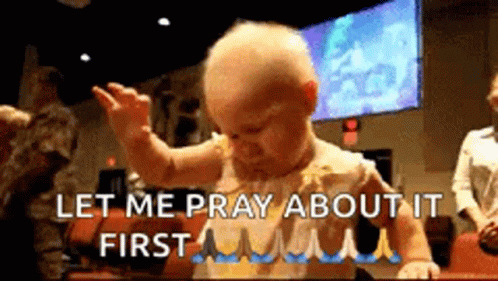
- LGBTQ+ Rights: Since 1990, there has been significant progress in the recognition of LGBTQ+ rights, including same-sex marriage (legalized in many countries), anti-discrimination laws, and greater visibility and acceptance of LGBTQ+ individuals in society.
- Gender Equality: The feminist movement has continued to push for gender equality, addressing issues like the gender pay gap, sexual harassment (e.g., #MeToo), and reproductive rights.
Just in case you did not know:
L: Lesbian
G: Gay
B: Bisexual
T: Transgender
Q: Queer or Questioning
The "+" symbol represents other sexual orientations, gender identities, and expressions that are not explicitly covered by the initials, such as Intersex, Asexual, Pansexual, Non-binary, and others.
Now I think those Others do not think this name is very inclusive.
So it Should be LGBTQIAPNO:
L: Lesbian
G: Gay
B: Bisexual
T: Transgender
Q: Queer or Questioning
I: Intersex
A: Asexual
P; Pansexual
N: Non-binary
O: Others
Nope, that does not solve it....
So it Should be LGBTQIAPNE:
L: Lesbian
G: Gay
B: Bisexual
T: Transgender
Q: Queer or Questioning
I: Intersex
A: Asexual
P; Pansexual
N: Non-binary
E: Everyone Else
Now that is inclusive and diverse but ....

Let me read that again....
Everyone Else
Why was everyone else not included in this community from the start? That is not inclusive or diverse that is pure separation.
Do these LGBTQIAPNO people think that they are better than everyone else? What kind of Galaxie are we living in if that is true?
I say we only need one community, The Everyone Community just like we had in the Nineties.
Because really, we all bleed, fart, vomit, and die one day.
Now I get you feel marginalized if you are not part of the majority. But by lack of a better tool most of us live in what they still refer to as; a democracy.
Chinese Democracy
Democracy means the majority wins, while we all are individuals and we all are special the rule of thumb is simple.
Winning does still mean that thy should not do to your neighbor what they do to you.
The focus should be on the most inclusive world for the biggest group. Instead of all little groups trying to get a piece of the pie because they scream the loudest or push the more moderate people aside.
It might make some marginalized groups feel left out, but they have a clear understanding of why that is.
And that it´s nothing personal, the well-being of the majority just goes above the individual.
So you still get police protection, some sort of health care, schooling, and social security because the majority wants that.
What you don´t get is overly expensive adaptations that only benefit the special few.
Bikini Bottom Line
Has the world really changed a lot these last 34 years?
Do we view the world differently now we get more information, or do we do the ostrich?
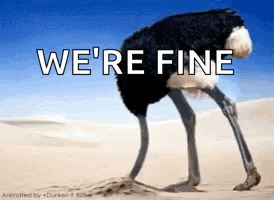
I say the latter, peeps have started to focus even more on their little (online) community than they did back in the Nineties. Maybe that is because hey trust governments & politicians even less today, probably because they are better educated.
What really changed in Everyday life?
Except for generations of phone zombies, the streets have not changed that much.
Street crimes decreased in the Western World compared to the 90s Gang Era
In developing countries, like the ones in LATAM they increased significantly.
For me personally, I get the idea that the peeps in the street are less friendly, but mostly because they are scared. Not that the numbers suggest they should be, but because the media is bombarding them with Terrorvision.
Other than that, most people still work for their living, raise kids or kittens, and spend their evenings behind a screen.
We still drive cars and bicycles, we still eat meat, veggies, potatoes, and cookies.
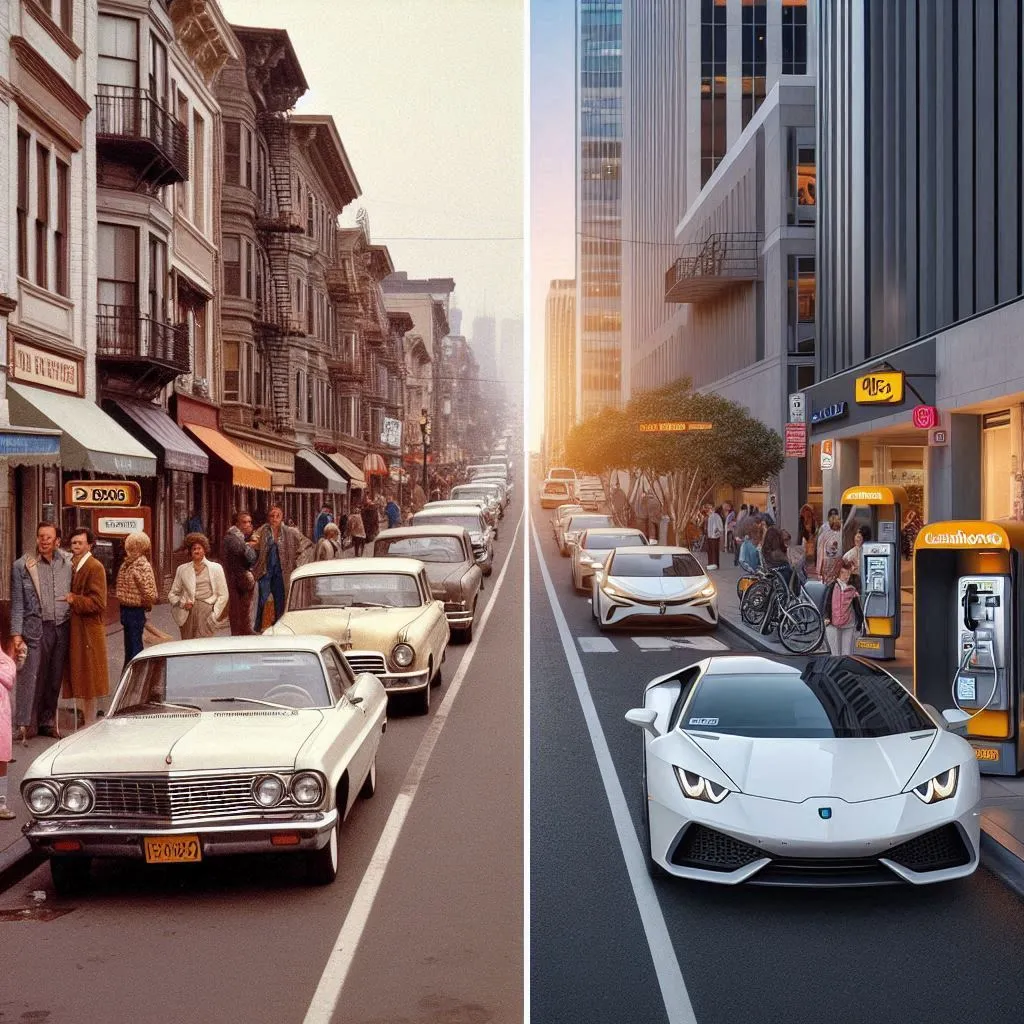
Hence, in everyday life very little changed since the Nineties if you ask me.
Thank goodness you made it till the end Pees, Love and I am out of here!
#NinetiesFriday was brought to you by
WTF do I do on #NinetiesFriday?
Well, don't do what I do because that would be copy/pasta!
But some ideas are music, movies, television, sports, or really anything Nineties related.
I assume movie, TV, or music topic reviews or talk will be most common, but you could also talk about a sports memory or something else.
Think the Pop Culture of the times, but it would be great to hear about little known and interesting bands or entertainment items. Don’t forget to use tag #NinetiesFriday
@geneeverett will give 3 basic income units to a winning random post every week that uses the #NinetiesFriday tag. Also @thebighigg has jumped in to match for 6 total weekly prizes! If anyone else wants to sponsor with 1 unit let me know or just send it if you don’t wanna commit to weekly 👍
Images by MyI and AI